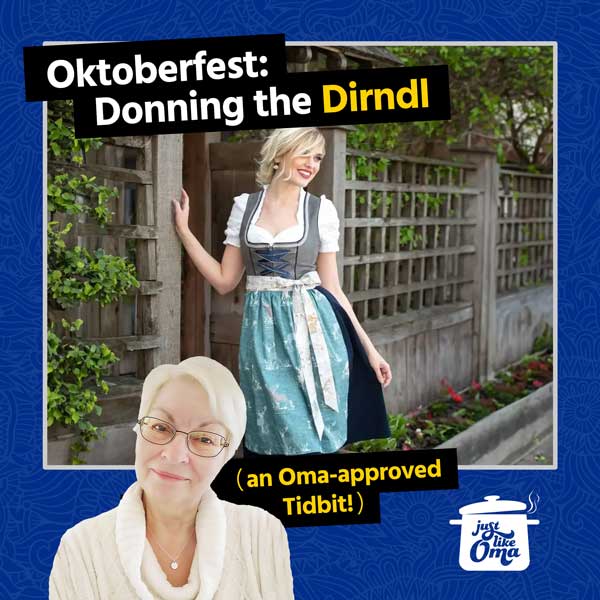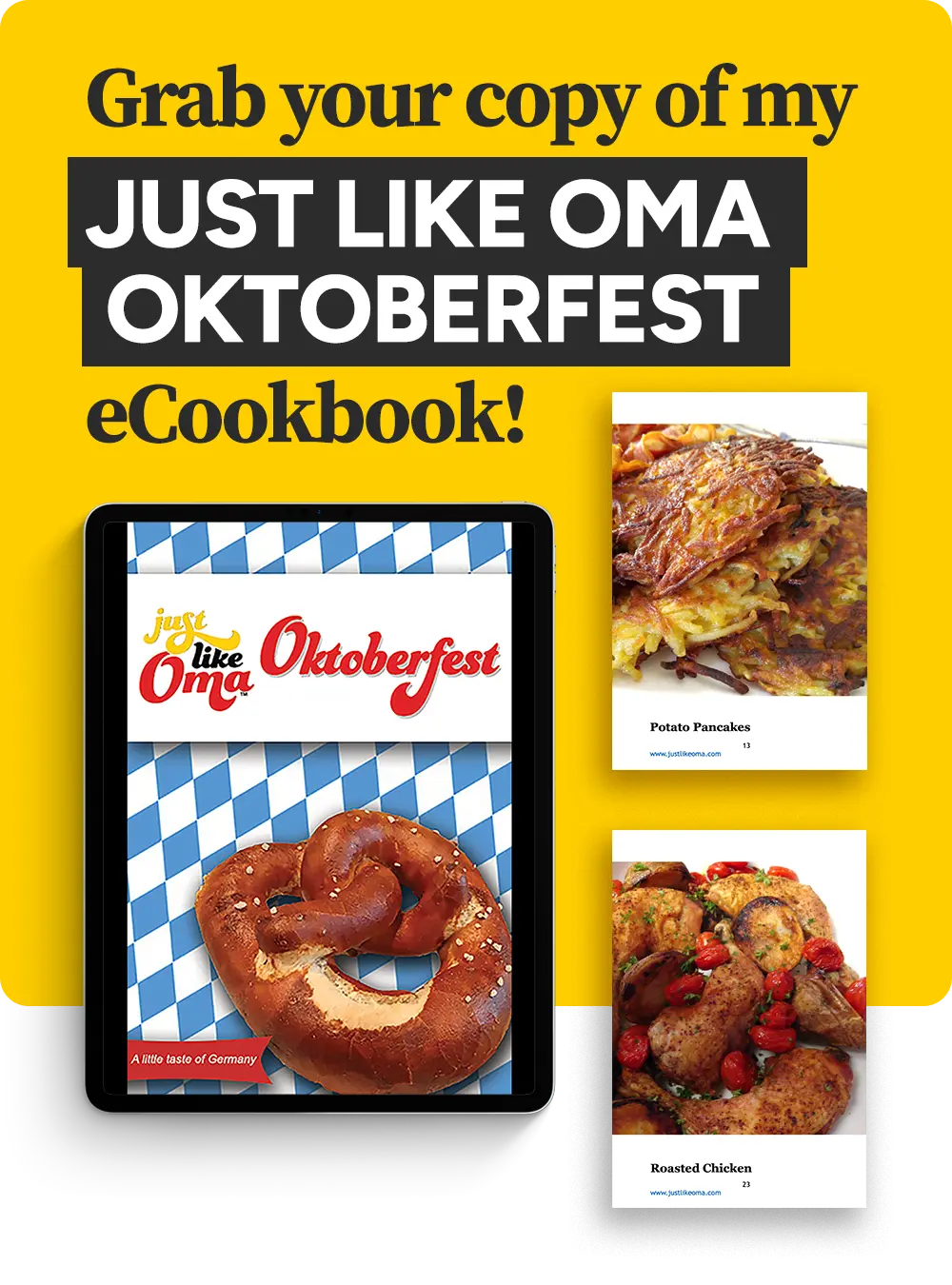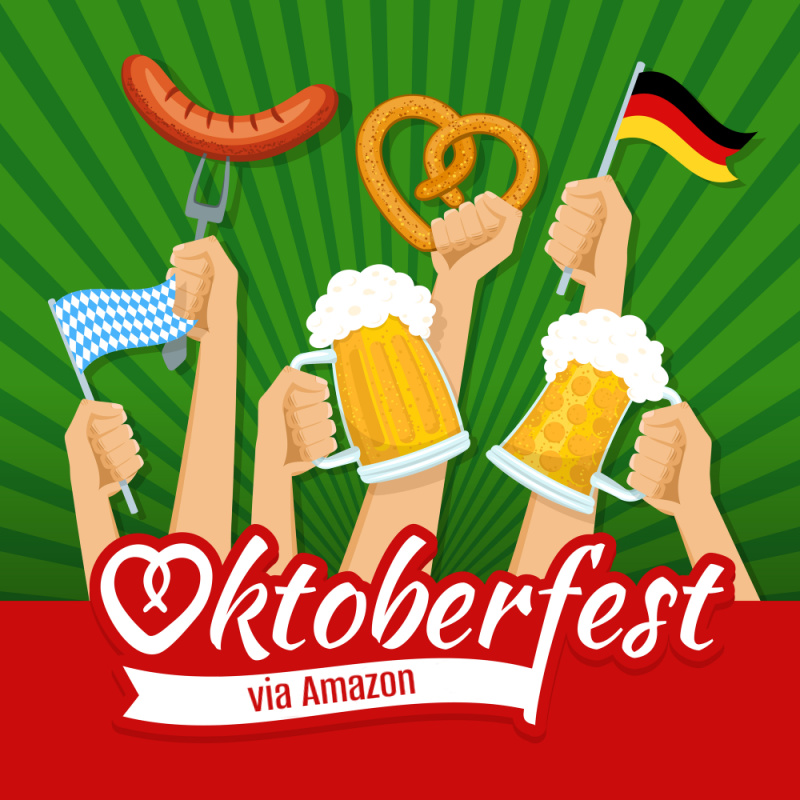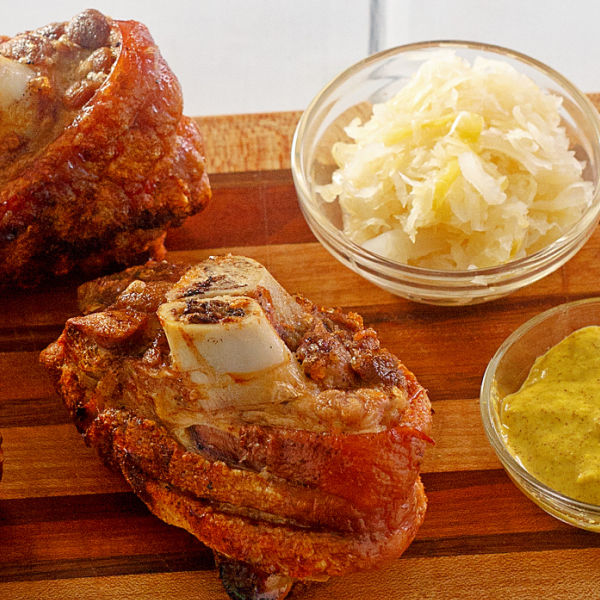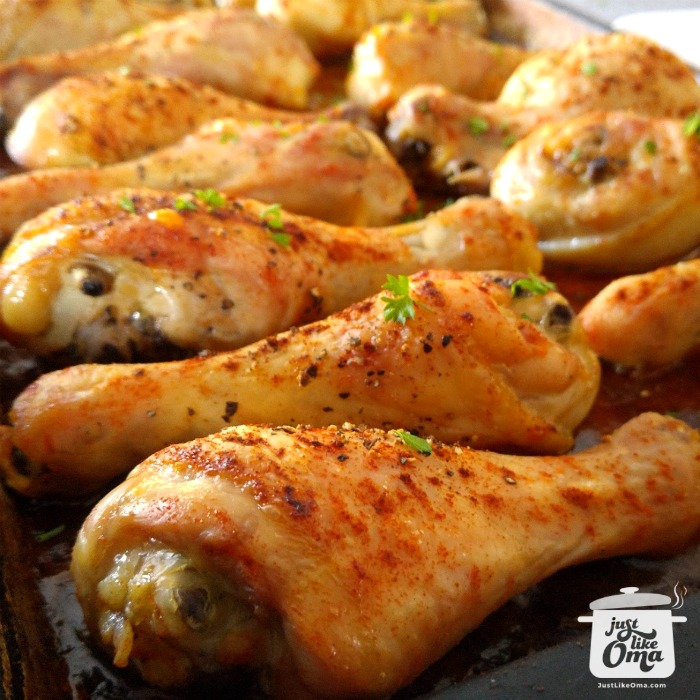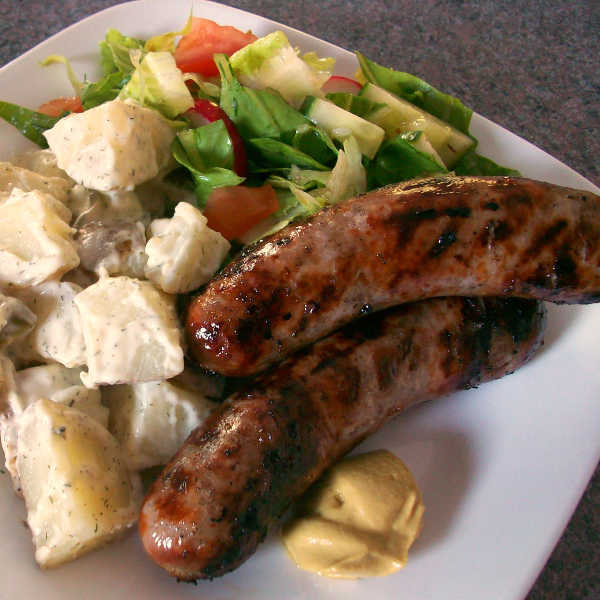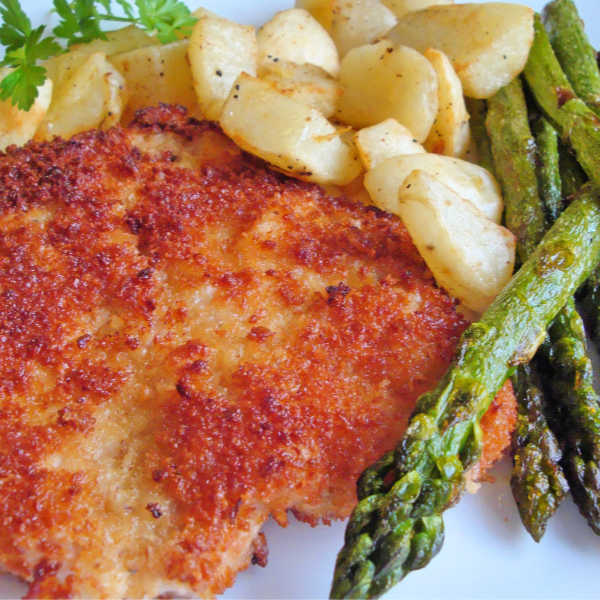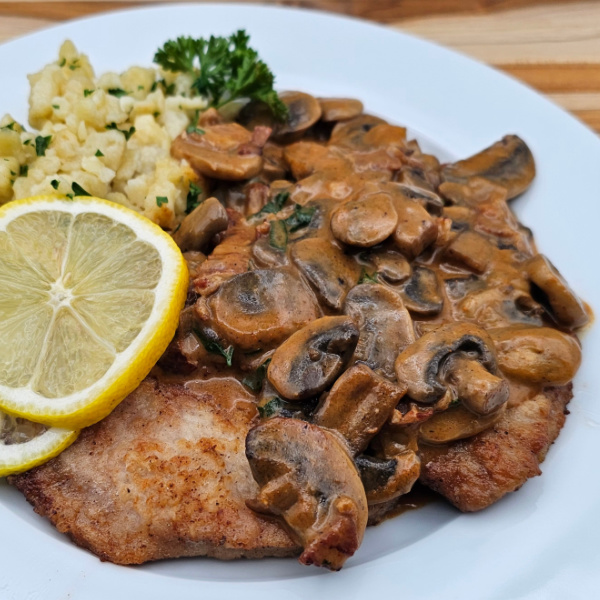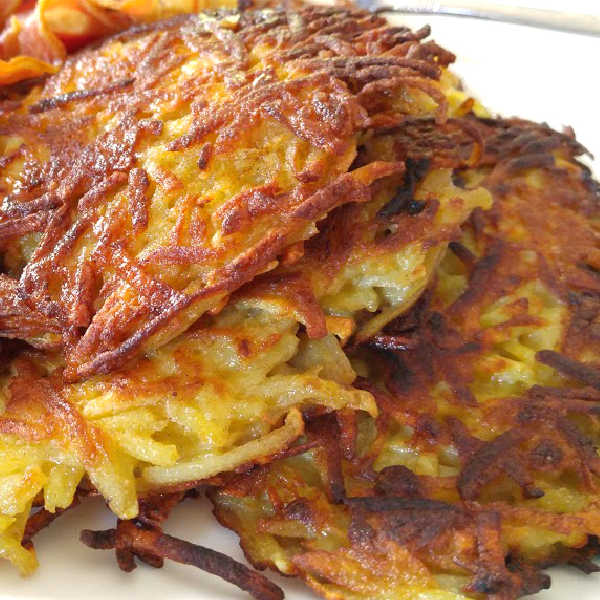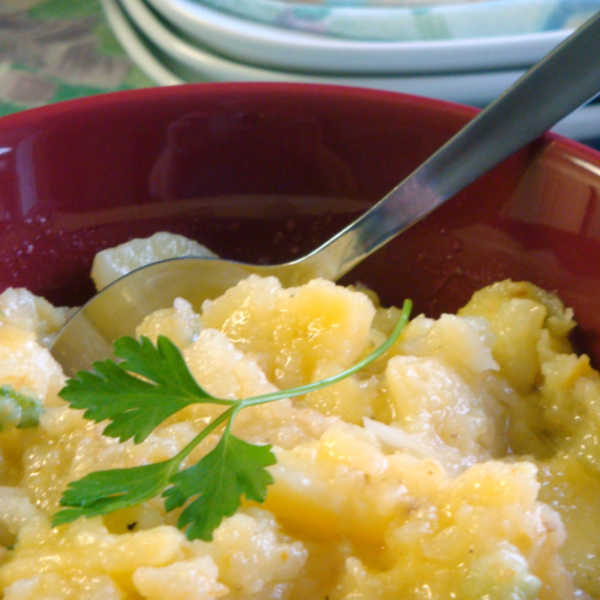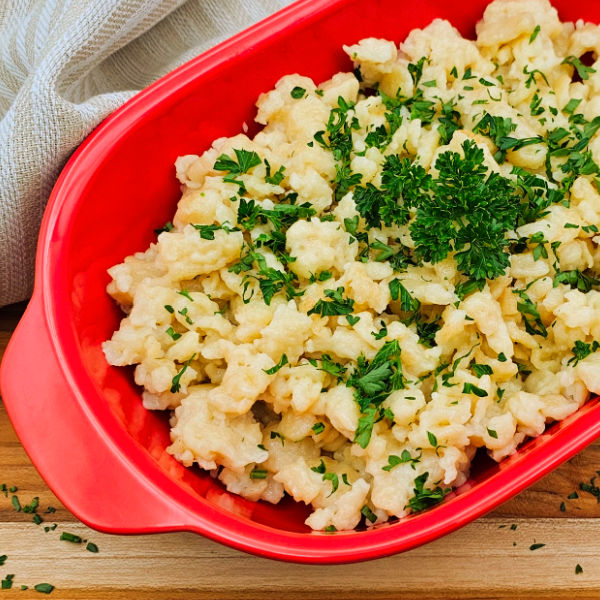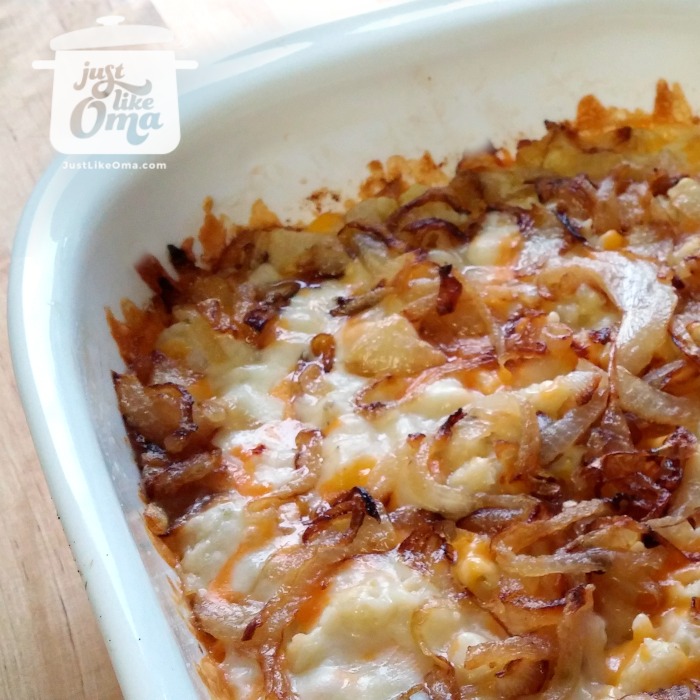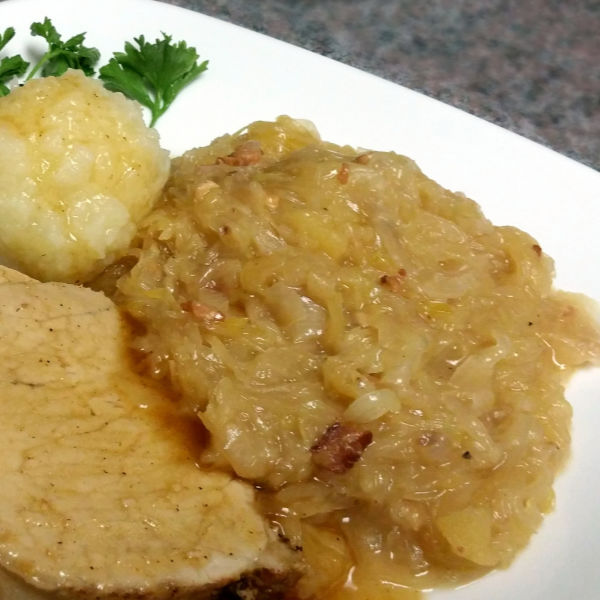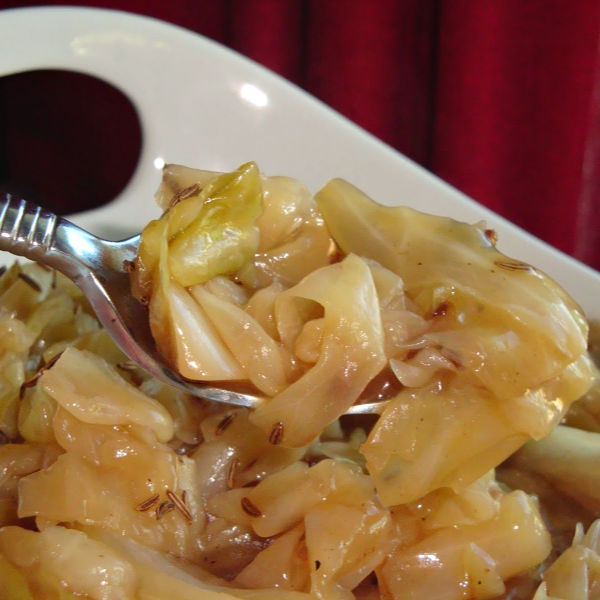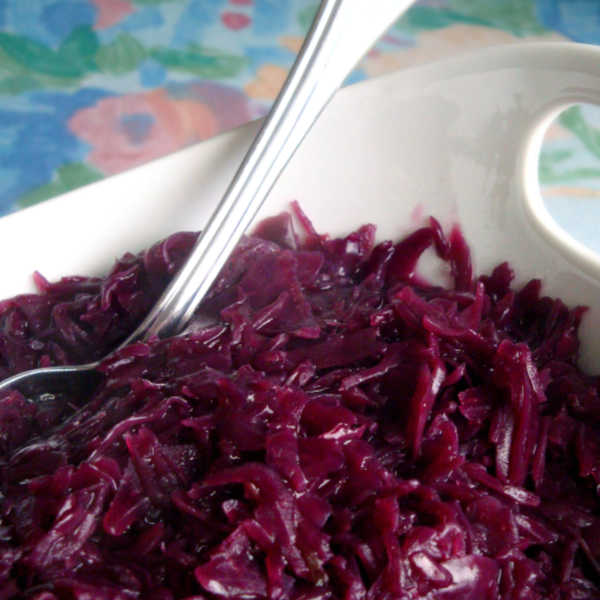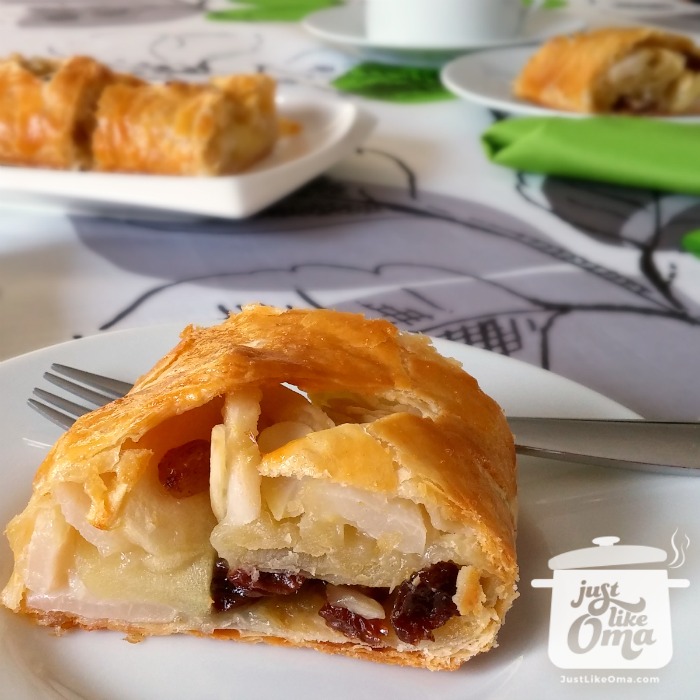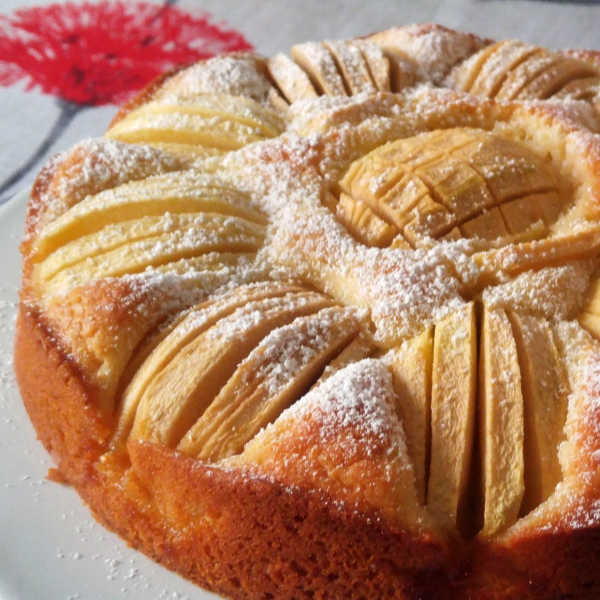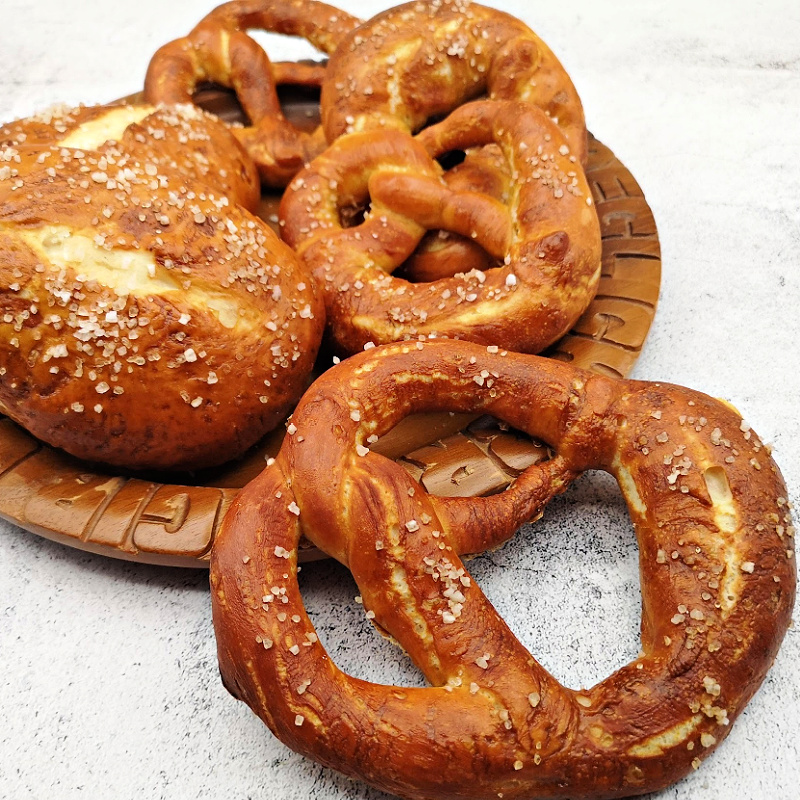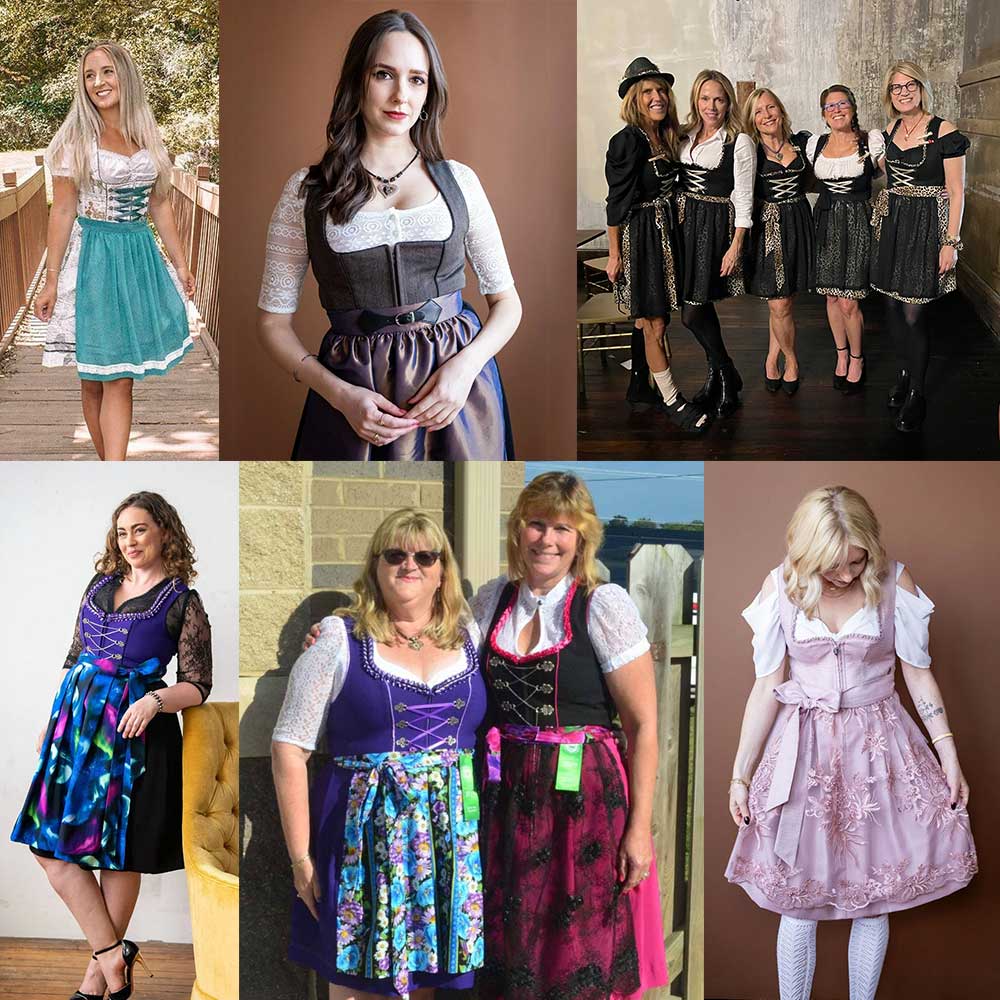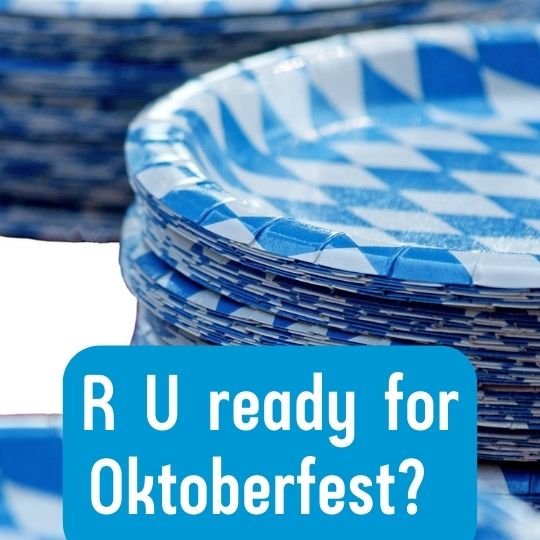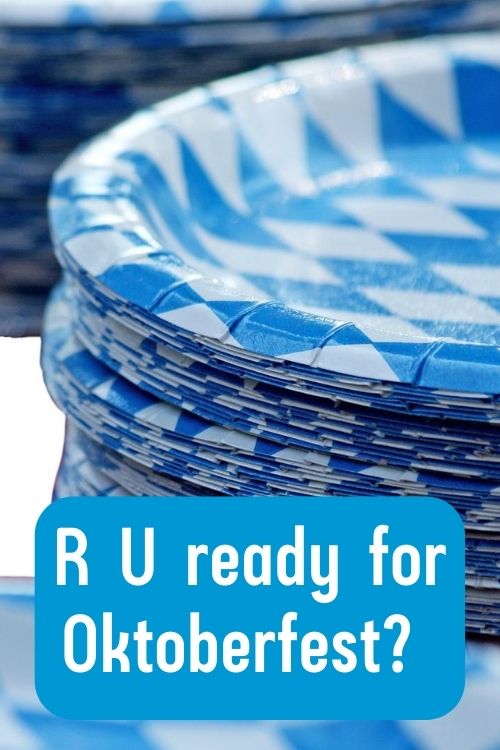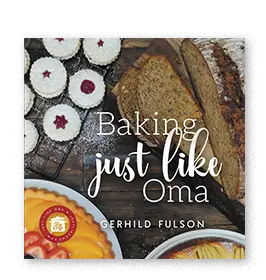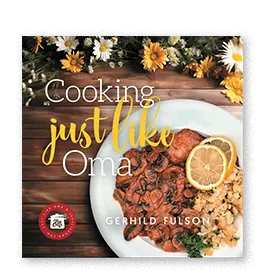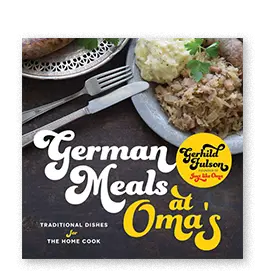Spice up your inbox with FREE German recipes and a free recipe ebook!
- Home
- German Holidays & Customs
- Oktoberfest Celebration
Oktoberfest: A Celebration of German Tradition, Food, and Fun

by: Gerhild Fulson / Oma Gerhild shares easy, authentic German recipes you can trust—rooted in family tradition and featured in her cookbooks.
This post may contain affiliate links, which means I’ll receive a commission if you purchase through my links, at no extra cost to you. Please read full disclosure for more information.
Embracing the Bavarian Spirit
Oktoberfest is a beloved annual festival that has captured the hearts of people around the world.
What started as a marriage celebration for Crown Prince Ludwig and Princess Therese of Saxe-Hildburghausen in 1810 has evolved into a rocking, music-filled celebration of Bavarian culture, food, and, of course, beer.
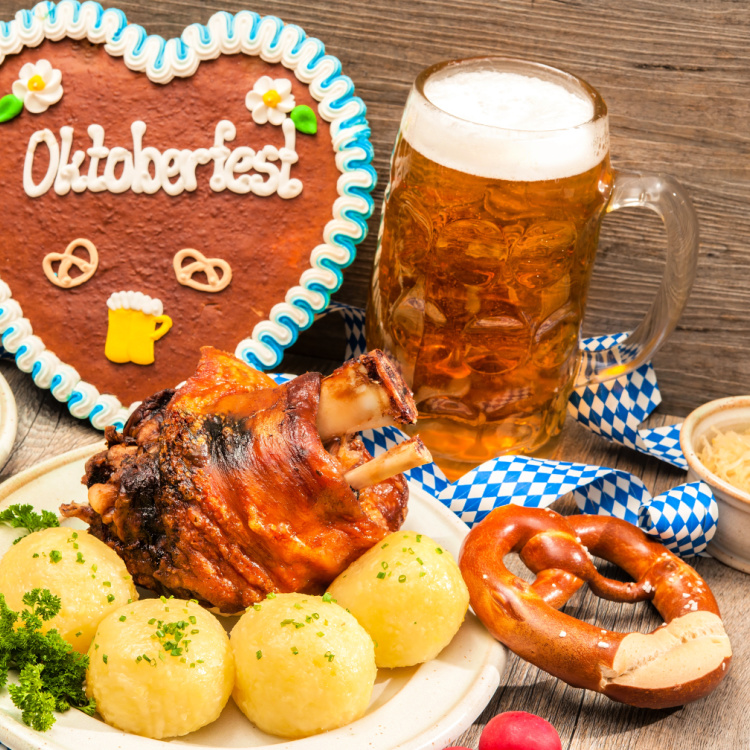
The origins of Oktoberfest can be traced back to 1810 when the Bavarian crown prince tied the knot. To commemorate the occasion, the citizens of Munich were invited to join in the festivities, which included a large horse race.
Over the years, the celebration transformed into a carnival-like event, eventually becoming the annual Oktoberfest we know and love today.
Oktoberfest: When and Where
Oktoberfest is traditionally held in Munich, Germany, though it has become a global phenomenon, with celebrations taking place in cities around the world, especially in countries with a rich German heritage.
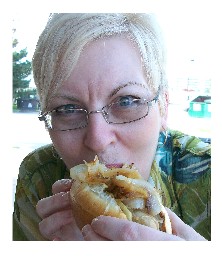
For example, we have Oktoberfest right here in Kitchener, Ontario, Canada, close to where I live.
That's me, celebrating with a Weisswurst! YUM!
The festival typically begins in mid-September and runs through the first Sunday in October, taking advantage of the nicer weather during this time of year. The opening date changes every year. For example, this year's Oktoberfest 2024 is from September 21 to October 6.
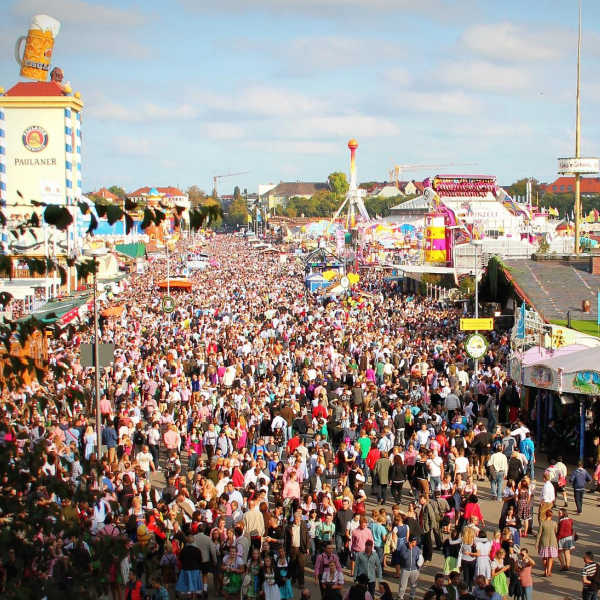
This timing shift is a relatively recent change, as Oktoberfest was historically held in October, as the name suggests. However, in the 1950s, the organizers decided to move the start date earlier to capitalize on the more favorable climate. This decision has paid off, as the festival now attracts millions of visitors each year.
Despite its long and storied history, Oktoberfest has only been canceled 26 times in its nearly 200-year existence. These cancellations were primarily due to events such as disease outbreaks, including the recent COVID-19 pandemic, and periods of war. The resilience of this celebration is a testament to the enduring spirit of the Bavarian people and their desire to preserve their cultural traditions.
Oktoberfest: The Festivities
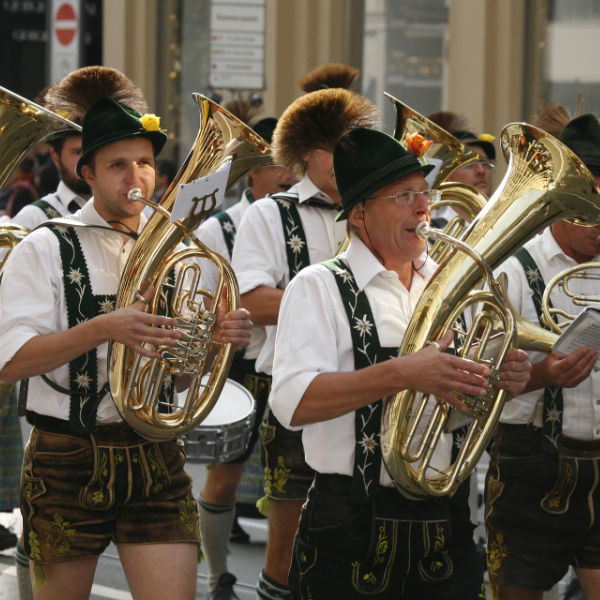
The opening of Oktoberfest is marked by a grand and ceremonious event. A 12-gun salute and the tapping of the first beer keg by the Mayor of Munich signal the start of the festivities. This ritual has been a part of the celebration since 1950, adding to the sense of tradition and pageantry that permeates the event.
Following the official opening, a parade of approximately 8,000 people in traditional Bavarian costumes makes its way through the center of Munich to the Oktoberfest festival grounds. The parade participants showcase the rich cultural heritage of the region, adorned in lederhosen and dirndls.
Once the festivities begin, the beer tents take center stage. These massive structures, some capable of holding up to 10,000 people, are the center of the Oktoberfest celebration. Within their walls, visitors can indulge in the traditional Bavarian food and live music that have become synonymous with the event.
To maintain the family-friendly atmosphere of the festival, only traditional music is played in the beer tents until 6 pm. After that, the festivities take a more lively turn, with popular and upbeat music that gets the crowds dancing and singing along.
Oktoberfest Food
No Oktoberfest celebration would be complete without the delicious and hearty Bavarian cuisine that has become a fundamental part of the festival. From savory main courses to decadent desserts, the food served at Oktoberfest is a true reflection of the region.
One of the most iconic Oktoberfest dishes is Schweinshaxe (roasted pork knuckle). This succulent and flavorful dish is a favorite among festival-goers, who relish the crispy skin and tender meat. Other crowd-pleasers are Brathendl (roast chicken) and Bratwurst (sausages). And for those who love popular German street food, the Döner (Turkish meat kebab) is a treat.
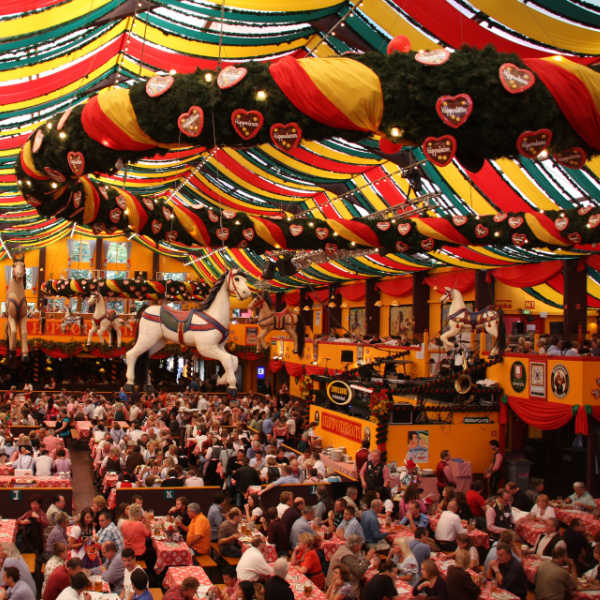
Beyond the main dishes, Oktoberfest also features various sides: Kartoffelpuffer (potato pancakes), Spätzle (small egg noodles), and Kartoffelsalat (potato salad), Sauerkraut and Rotkohl (red cabbage) are all crowd-pleasers. Käsespätzle (cheese egg noodles) can be a side dish but is usually served as a main. Lecker schmecker!
No Oktoberfest feast would be complete without the sweet treats that have become synonymous with the festival. Apple strudel, Bavarian cream, Apfelkrapfen (apple fritters), Gebrannte Mandeln (candied almonds), and Käsekuchen (cheesecake).
Oh, don't forget the Brezeln (Pretzels)!
Celebrating Oktoberfest at Home
Even if you can't make it to Munich or one of the other Oktoberfest destinations, you can still bring the celebration to your own backyard. With a bit of planning, you can create your own festive Oktoberfest experience.
To capture the essence of Oktoberfest at home, start by planning a menu that features those delicious German foods of the festival. Scroll down a bit and you'll find all the recipes you need.
As you set the table, incorporate the traditional Bavarian colors of cobalt blue and white into your decor. Use blue and white checkered tablecloths, napkins, and plates to create a festive and authentic atmosphere.
You can also hang German flags or other Bavarian-themed decorations around the space to complete the look.
Finally, set the mood with the lively and energetic sounds of traditional Bavarian music. From the oom-pah-pah of the brass bands to the folk songs that have been passed down through generations, this music will transport your guests to the heart of Munich's Oktoberfest celebrations.
Want a bit more of a "I'm-going-to-enjoy-myself-as-well" approach? Hire a band for some real live German music, plan some live entertainment, and have a look for food trucks in your area that will cater German food.
Oktoberfest food to make at home...
Oh, my! The food that's popular in Bavaria is such a treat, and you'll be able to enjoy a whole feastful during your Oktoberfest party.
Try one. Try them all.
And, of course ...
Prost!
Ready? Put on your dirndl or lederhosen, raise a glass, and get ready to shout "Prost!" (Cheers!) as you immerse yourself in the fun of Oktoberfest.
Whether you're celebrating in Munich or in your own backyard, the traditions and flavors of this festival are sure to leave you feeling like a true Bavarian.
Words to the Wise
"A fool's proud talk becomes a rod that beats him, but the words of the wise keep them safe."
Proverbs 14:3 (NLT)
